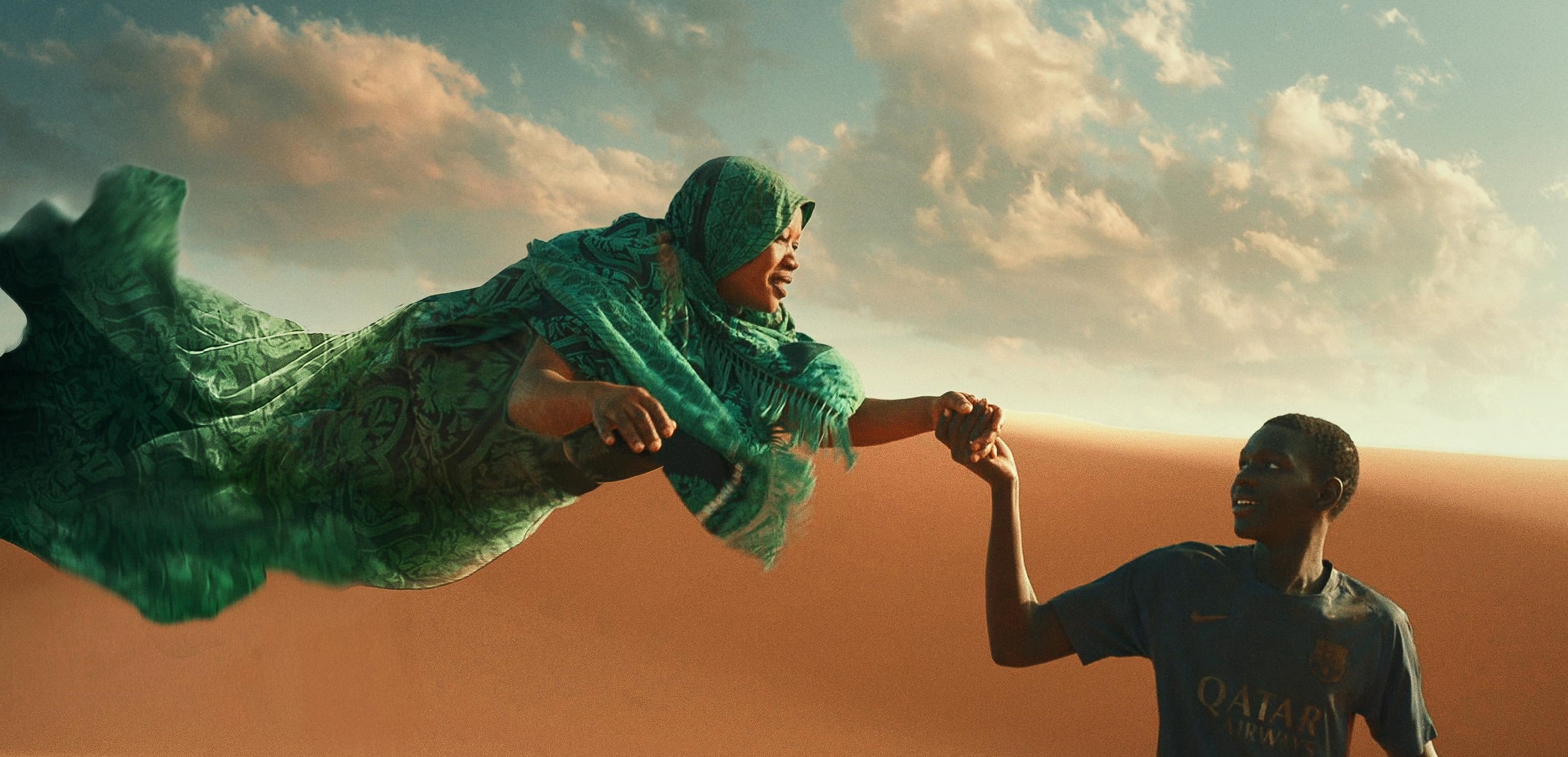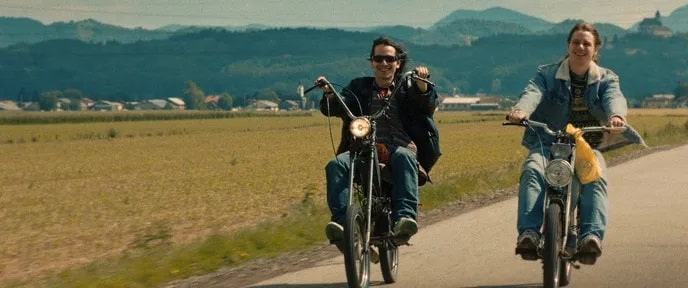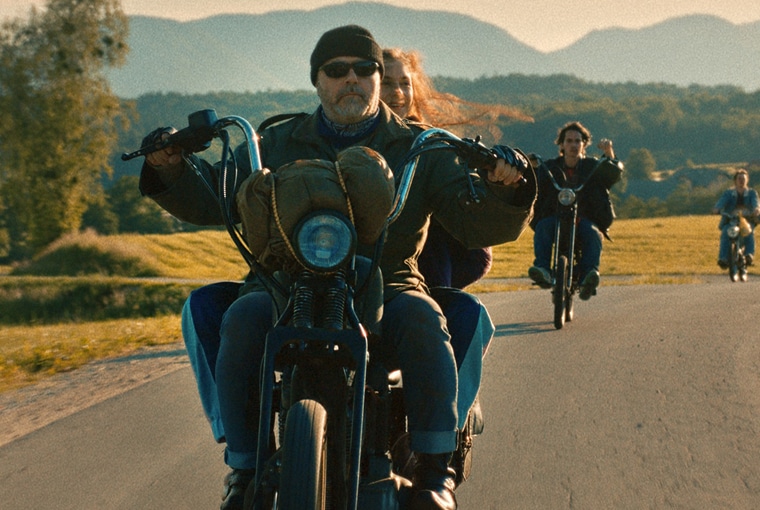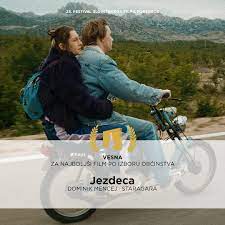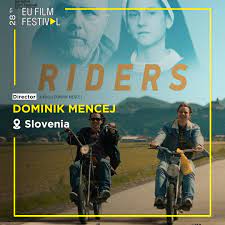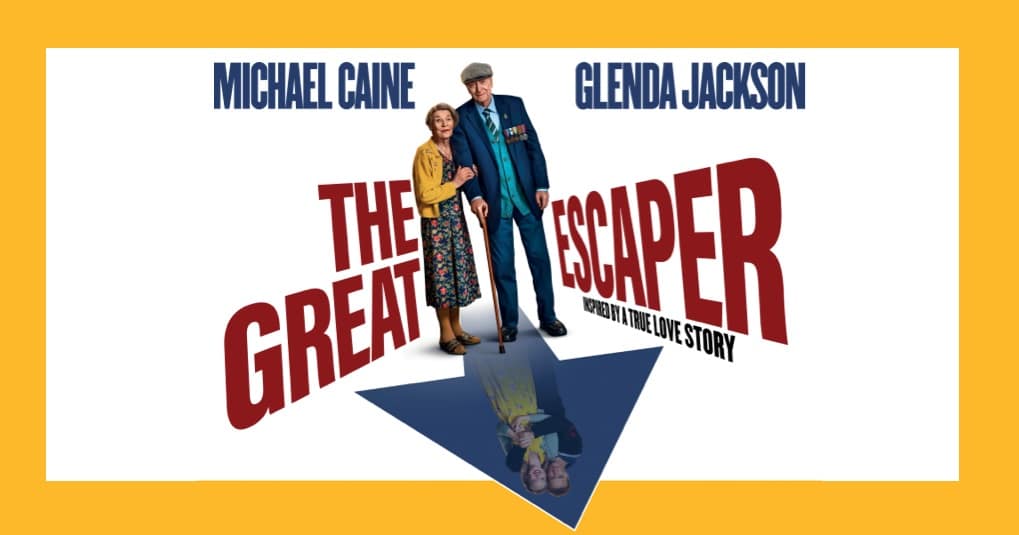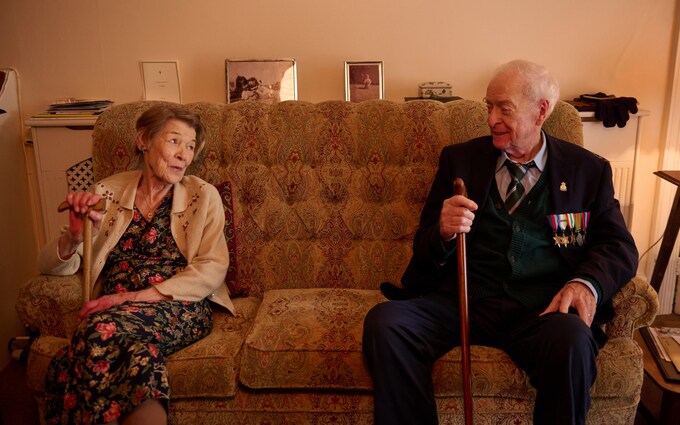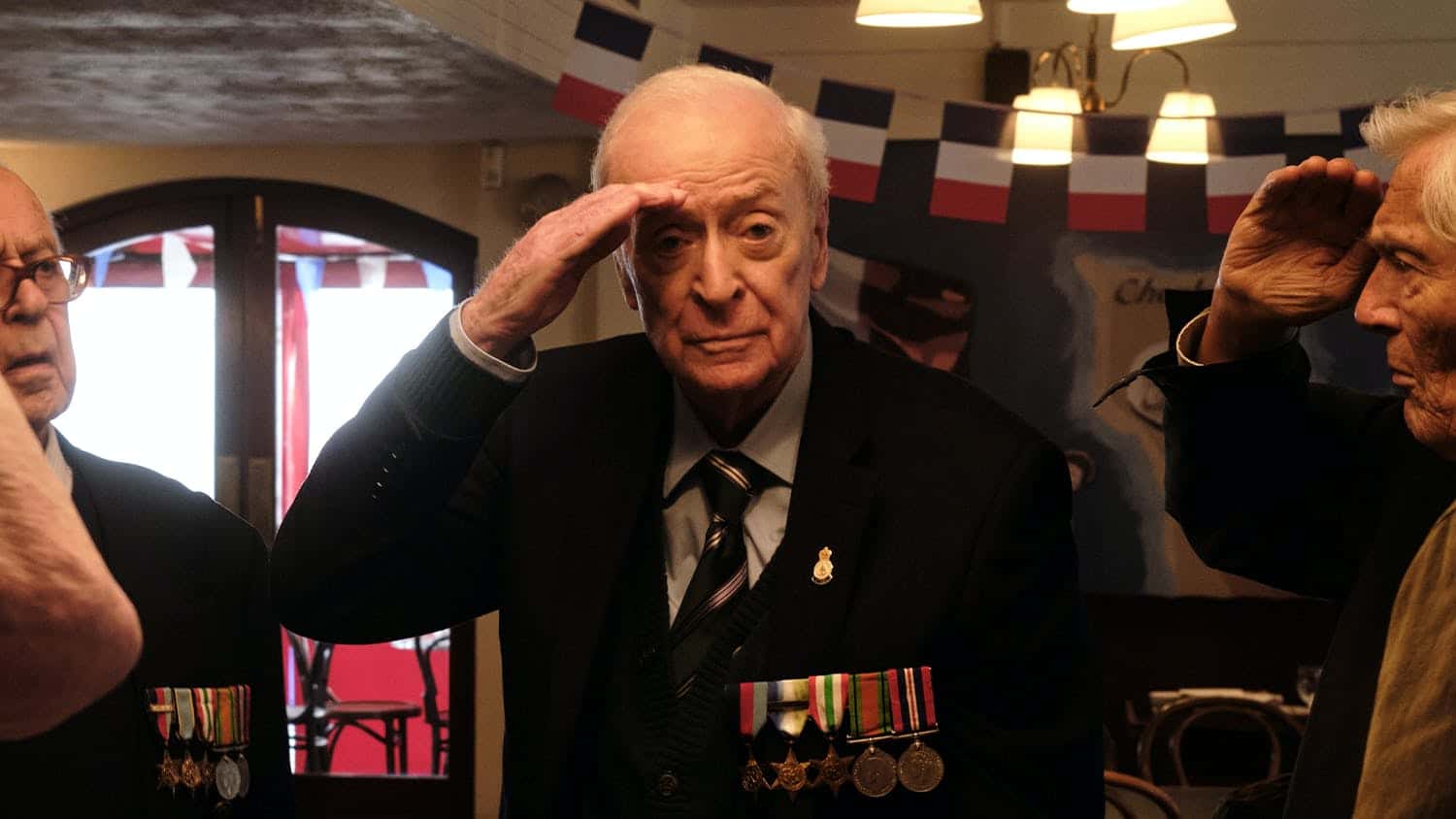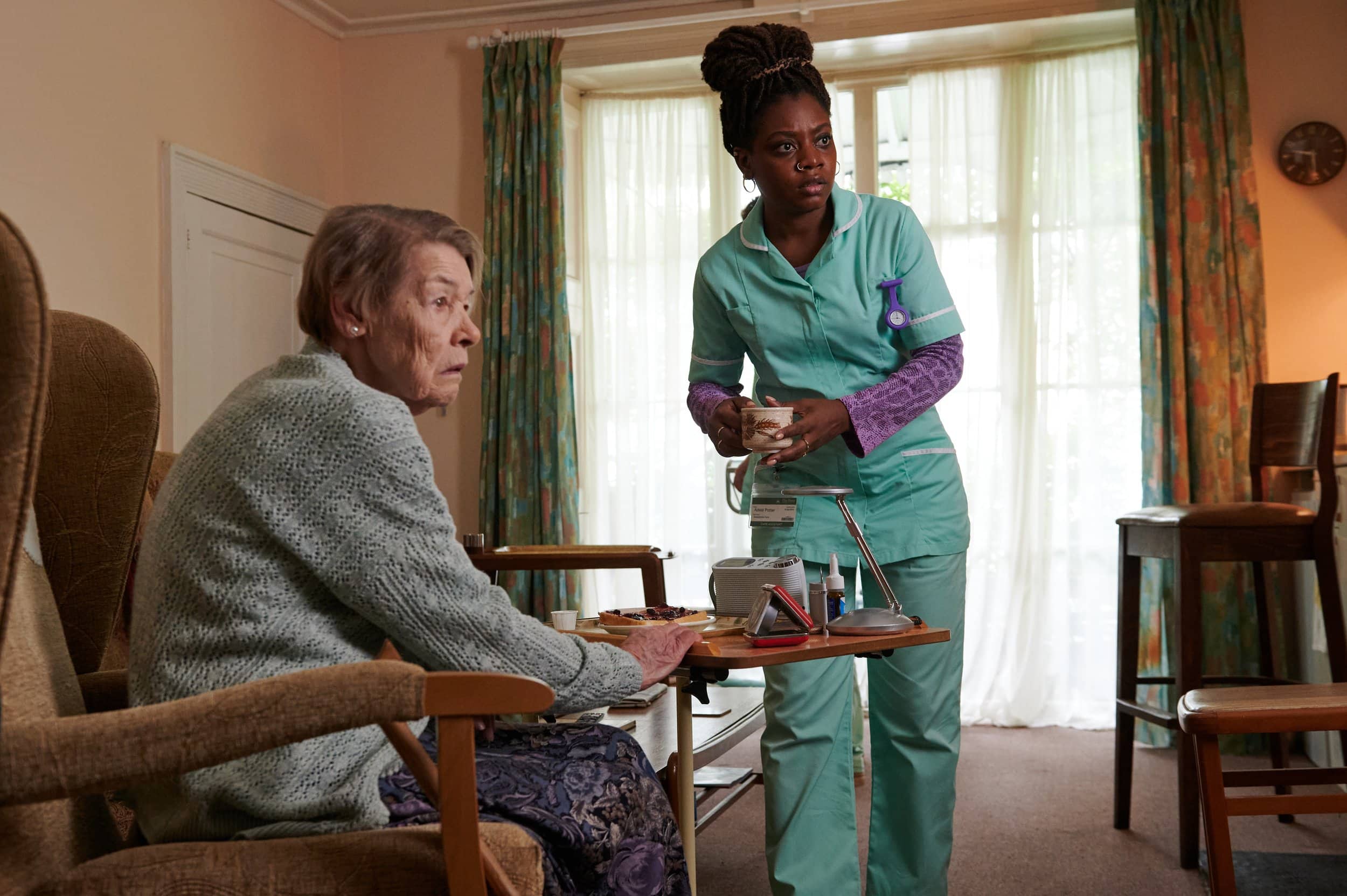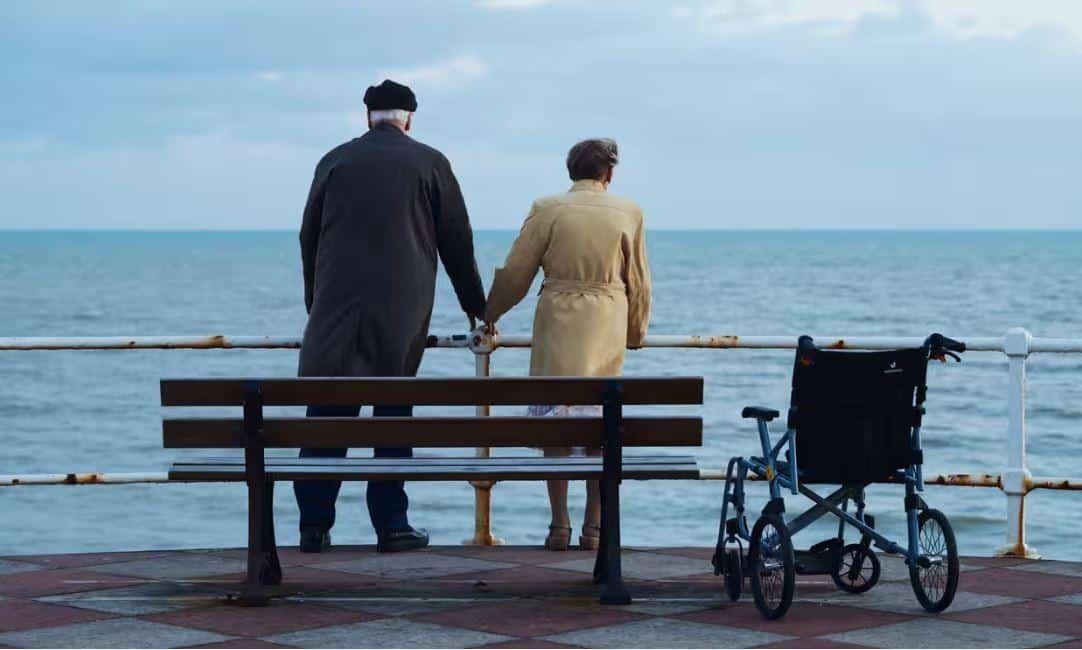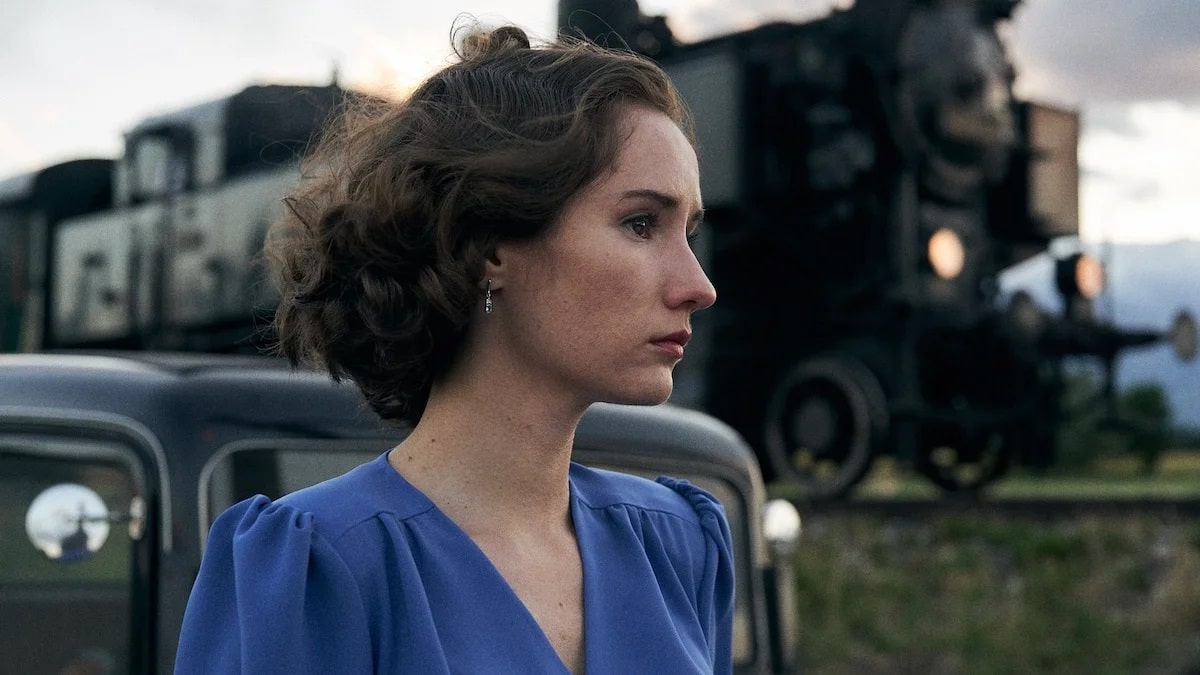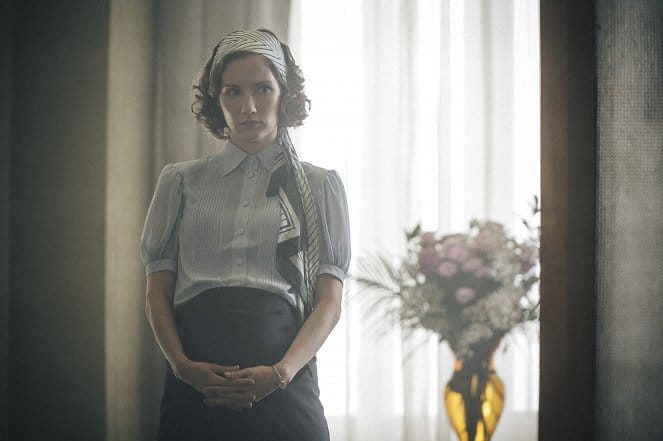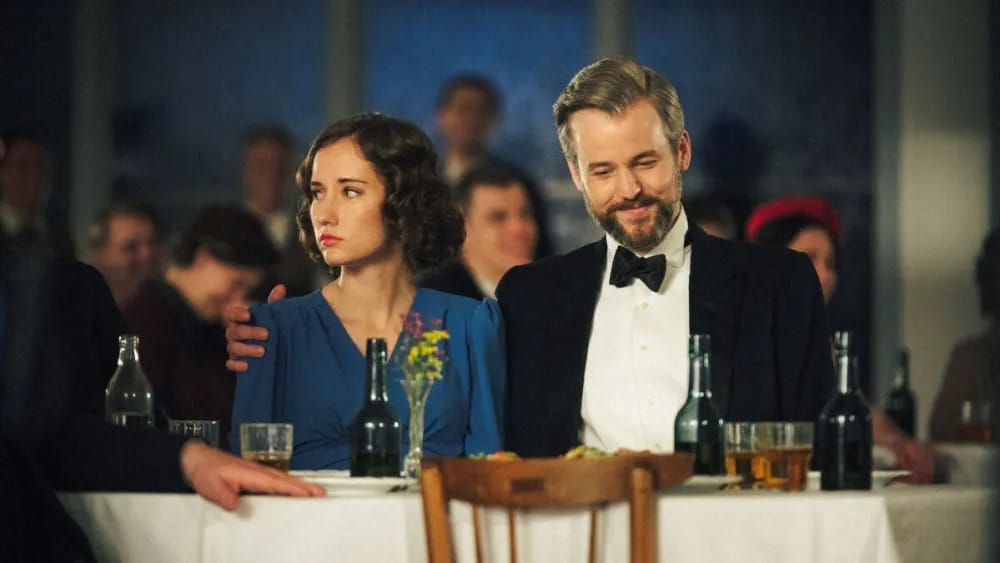The latest film from Matteo Garrone, Io Capitano, is definitely worth a watch! It is a coming-of-age film for two young men, Seydour, played by Seydou Sarr and Moussa, played by Moustsphas Fall. These Senegalese young men want to leave their town of Dakar and make their way to Europe in search of a better life.
This film is the story of their journey up to the time officials from Italy meet them. We are used to watching the news of undocumented immigrants being picked up by authorities; well, this is the story that finishes at that point. The film shows the strength of the friendship between the two main characters, no matter what hardships they face. They have saved a considerable sum of money, believing that is all they need to have a successful journey to Italy.
They begin their journey as a bit of a boy’s own adventure. The journey takes us across North Africa from Dakar to Tripoli. They are naïve at the beginning. Real events inspire this road movie. It is a stunning visual, but it also has its raw moments, as the boys discover as they travel across North Africa. On this journey, they meet the worst in people. The reality is nothing like what they imagined the trek would be. The film shows the fragility and strength these two lads need to make their journey successful.
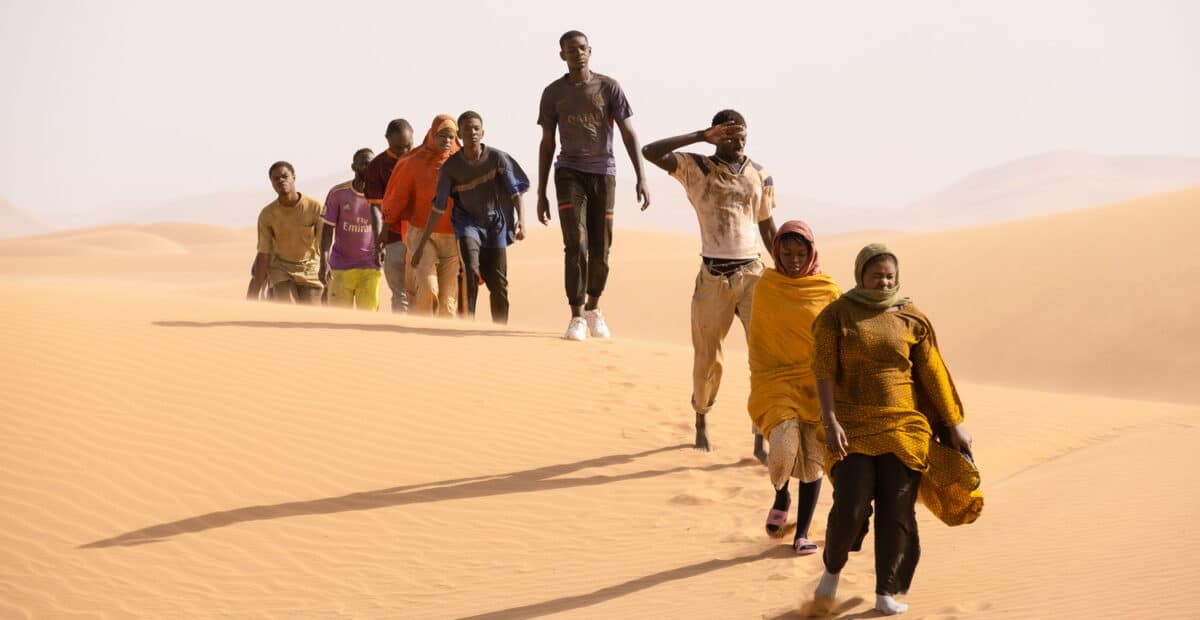
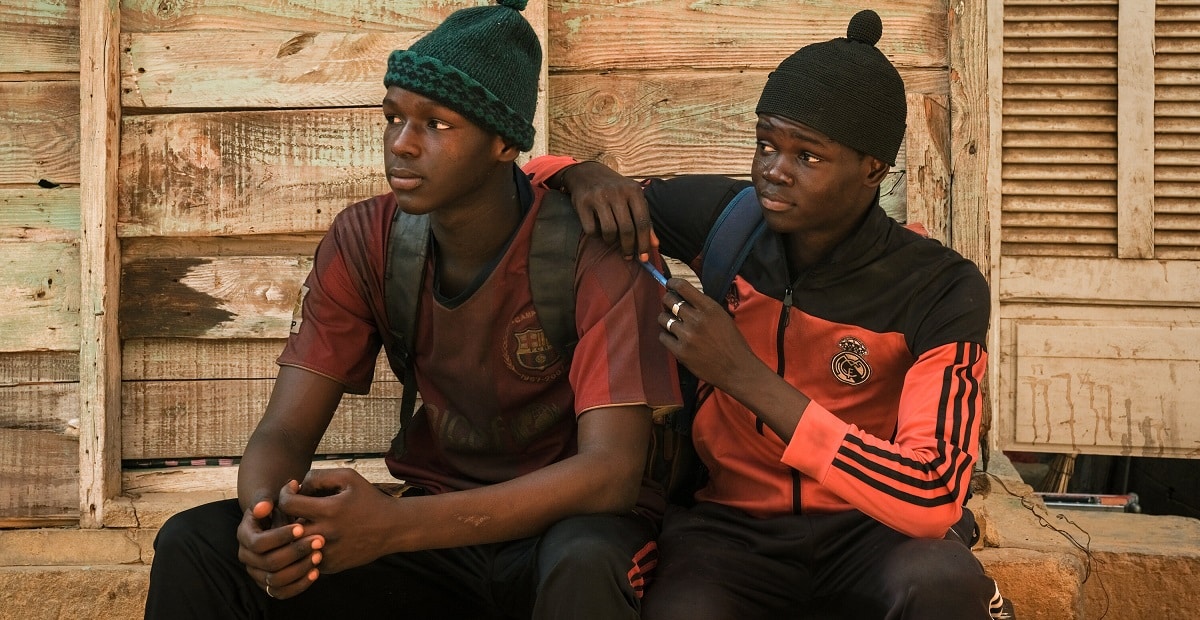
As they travel, they meet the worst of humanity, the people smugglers, the slave traders, the pure evil that man can be, with nightmarish, dehumanizing scenarios. These violent scenes have been shot in a way that is not too shocking, but you get to understand the real violence that any refugees/ immigrants are often subjected to. There is the Libyan Mafia, which is the most unscrupulous. On the other hand, they meet the people who care for and understand them, showing that even in suffering, you meet good individuals. The boys get split up soon after passing a field of corpses. Moussa is dragged off at gunpoint to prison whilst the Liyan Mafia tortures Seydou in an effort to extort money from his family.
Several scenes contain magical dream sequences full of meaning that may seem to divert the film and, for some, possibly slow its pace. Still, the sequences remain important as they counterpoint the acts of violence we see in other parts of the film.
Once Seydou reaches Tripoli and is reunited with his wounded cousin, Moussa, he is recruited by a human trafficker to captain a boat across the Mediterranean. He has minimal training for the task ahead. The old rust bucket of a boat is filled to the gunwales with other Africans wanting a better life in Europe. They are heading to the coast under the command of Sydou, or Io Capitano, as those on board call him. The film ends as the helicopters arrive.
This is a great film. It could have been depressing, but it manages to retain an uplifting and inspirational edge, and I highly advise that you see it.
